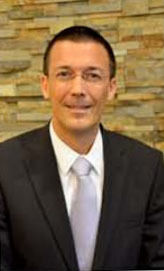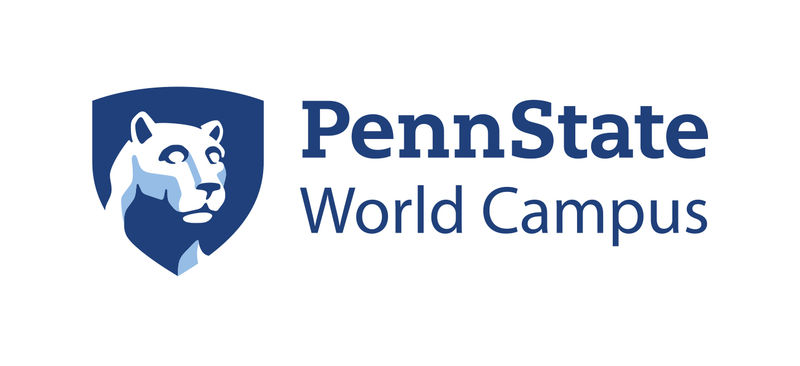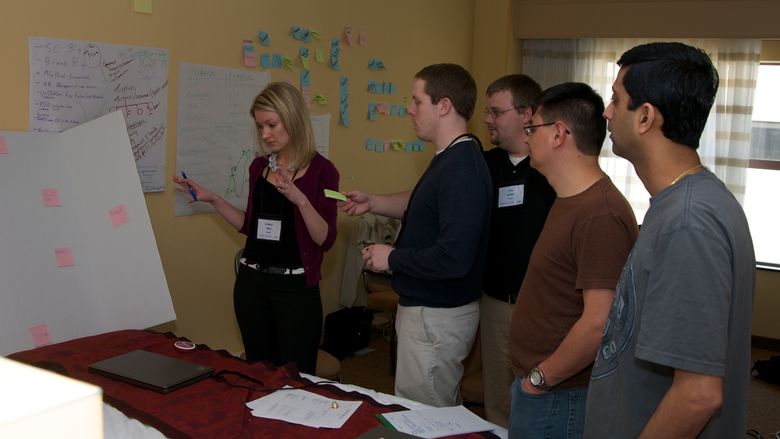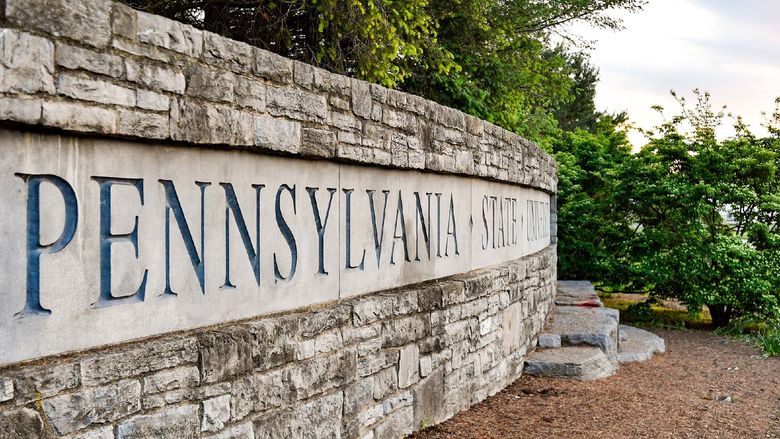UNIVERSITY PARK, Pa. — In just the last two years, the nation has experienced deadly man-made and natural disasters, including the Boston Marathon bombing, Hurricane Sandy and wildfires. And as terrorism and organized crime continue to converge, information technology security challenges, threats to information integrity, identity theft and cyber-attacks will further increase, predicts Alexander Siedschlag, Penn State’s new chair of online homeland security programs.
“Evolving security threats are moving homeland security organizations to adopt a more comprehensive approach that considers all hazards, all stakeholders and society as a whole,” said Siedschlag, who previously was professor of security research at Sigmund Freud University, Vienna. “Security in the future will be thought of as a continuum — comprising the internal and the external dimension, the full range of threats, civil and military instruments, prevention and response as well as public and private actors. Addressing that continuum, U.S. departments and agencies, along with our international partners, will work closely together, pooling scarce resources, to develop and implement new strategies and technologies to meet evolving security needs.”
Penn State’s online homeland security portfolio, which includes master’s degrees in homeland security (base program), agricultural biosecurity and food defense, geospatial intelligence, information security and forensics, and public health preparedness, is designed to prepare the next generation of leaders for these challenges.
Currently, 424 adults are enrolled in the master’s degree programs, which are offered through a partnership led by Penn State Harrisburg’s School of Public Affairs with the colleges of the Liberal Arts, Earth and Mineral Sciences, Information Sciences and Technology, and Agricultural Sciences, and the Penn State Milton S. Hershey Medical Center. Penn State Harrisburg also offers an undergraduate homeland security minor. Penn State’s World Campus delivers the programs online.
“Our online homeland security programs foster preparedness as a state of mind, which is essential to handling homeland security challenges comprehensively,” added Siedschlag.
Siedschlag is planning to further enhance Penn State’s online homeland security programs by combining teaching and research in a comparative and international perspective. “I want to find opportunities for our faculty to collaborate on research across colleges. Their research will enrich our programs and the evolving homeland security discipline, and it will provide students with cutting-edge knowledge.”
In his own research activities, Siedschlag has been leading a security foresight project co-funded by the European Union, with scenario studies involving EU institutions and the U.S. Department of Homeland Security as well as the Federal Emergency Management Agency. He also is examining the use of remotely piloted aerial systems (or drones) in homeland security.
For information about Penn State’s online homeland security programs, visit the website.





